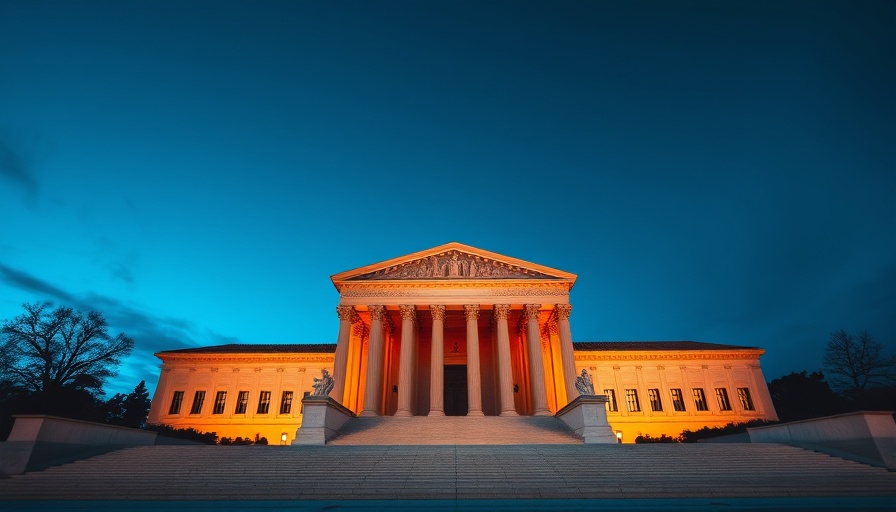
The Constitution During a Crisis: Your Guide to Understanding Presidential Powers
The foundational principle of American governance rests upon the division of powers among its branches—executive, legislative, and judicial. However, as Robin Norris points out, the current presidential administration's actions challenge this balance, leading to concerns over a potential constitutional crisis.
Understanding the Unitary Executive Theory
At the heart of this crisis is what's known as the unitary executive theory. Proponents argue that the president holds substantial discretion in executing laws, including the ability to override congressional mandates and judicial limits. This theory suggests that the president is the sole decider in how laws are enforced, a notion that diverges significantly from the traditional checks and balances outlined in the Constitution.
The Essential Role of Congress
Despite claims supporting expansive presidential power, the Constitution explicitly grants legislative authority solely to Congress. This structure mandates that the president must implement policies set by Congress rather than unilaterally alter or disregard them. As a society grounded in law, ignoring these legislative responsibilities could set a dangerous precedent for executive overreach.
The President’s Duty under the Constitution
While the president does possess the power to appoint officials, this authority exists within a framework that requires these officials to faithfully execute laws as determined by Congress. If a president disregards this duty, they risk undermining the very fabric of constitutional governance, transforming the executive office into an unchecked power.
What Citizens Can Do: Reconnect with the Constitution
In light of these challenges, Norris emphasizes the importance for citizens to engage with the Constitution directly. Understanding its text and the principles it enshrines is essential for safeguarding democracy. This engagement not only fosters informed discussions about governance but also empowers citizens to hold elected officials accountable.
As we navigate these complex issues of authority and governance, recognizing the constitutional boundaries of power is crucial. By encouraging public discourse rooted in constitutional knowledge, we can better protect our democratic institutions in uncertain times.
 Add Row
Add Row  Add
Add 




Write A Comment